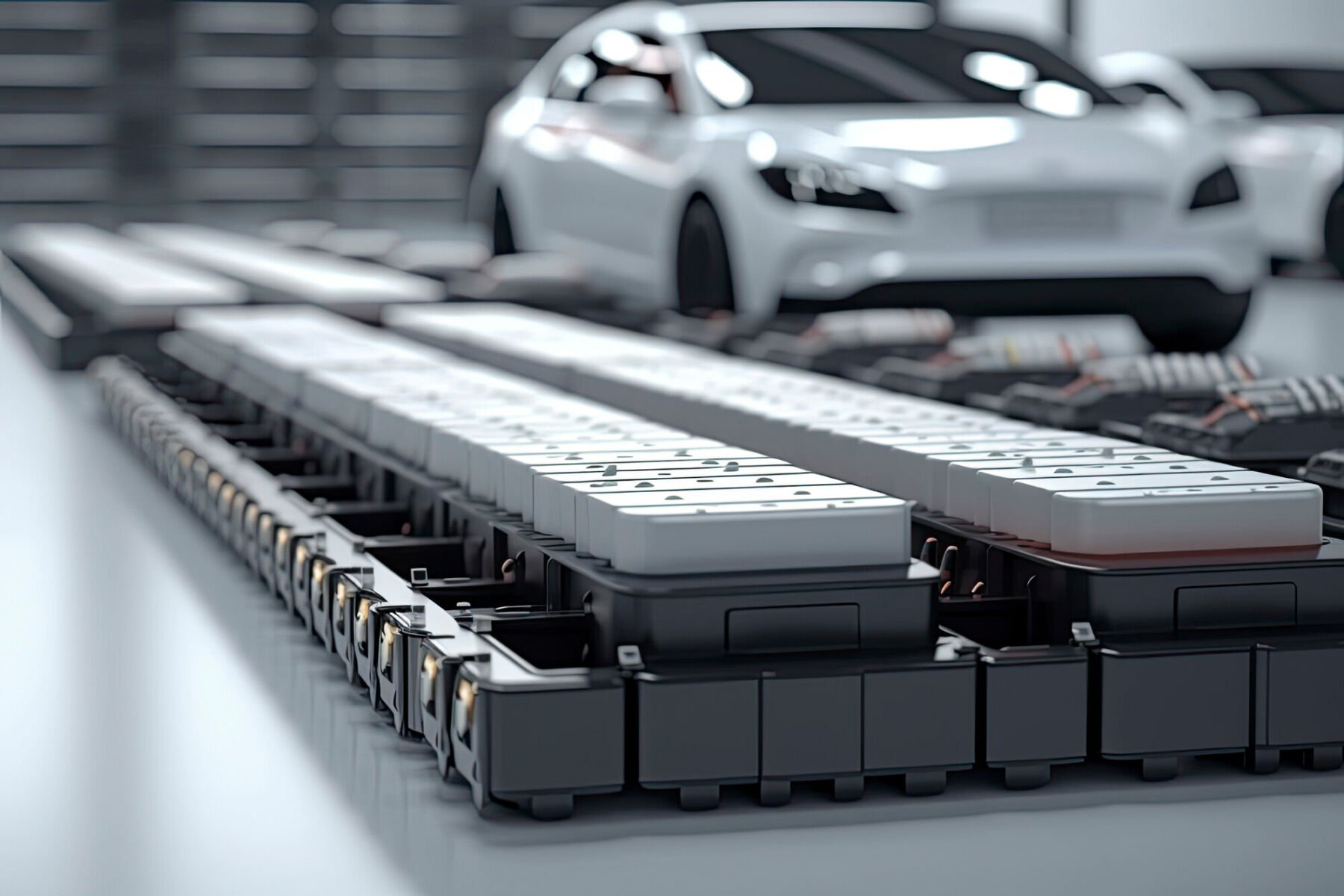EV battery boom: Can AI help Thailand drive to the top?

Thailand is revving up for a major geopolitical boost by focusing on electric vehicle (EV) batteries and auto components, including integrated circuit packaging and testing. According to Taiwan’s Profet AI, the key to speeding up product delivery, slashing costs, and raising standards lies in adopting cutting-edge artificial intelligence (AI) amid ongoing economic headwinds.
Jerry Huang, co-founder and CEO of Profet AI, spilt the beans that around 40% of their 300 Taiwanese clients are eyeing a move to Thailand to dodge geopolitical pitfalls. Among those considering the shift are big players in the EV battery and auto parts industries, as well as semiconductor manufacturers and circuit board producers, said Huang.
“Makers of semiconductors, printed circuit boards, and integrated circuit packaging and testing are considering relocating to Thailand, as their plants in Penang are operating at full capacity.
“Other potential relocations involve small robotics firms and Taiwan-based startups.”
Thailand’s strategic market position in Southeast Asia is bolstered by its national AI strategic and action plans, along with a corporate eagerness to adopt AI and digital transformation projects.
Profet AI offers no-code AutoML (machine learning) applications for the manufacturing sector, enabling rapid AI deployment with minimal reliance on data scientists. This technology supports better decision-making through AI predictive models.
Data capability, infrastructure
Beyond manufacturing, the predictive model can forecast project win rates for sales managers. Huang stressed the importance of Thailand building its data capability and infrastructure to seize these opportunities.
Profet AI has partnered locally with HexaTech Solutions to support the localisation process and assist clients relocating to Thailand. The company also intends to establish a research and development (R&D) centre within the next 12 months to develop large language models tailored to local needs.
“We are seeking domain experts in the food and beverage and automotive sectors for our R&D. We envision AI democratisation in the future, making it accessible to everyone and integral to daily life.”
Hexa Chief Executive Bancha Dhammarungruang projected that AI investment in Thailand will reach US$4 billion by 2030, up from US$1 billion in 2024. Hexa aims to leverage this growth by offering comprehensive services through its co-founders, ICS, a leader in software, cloud services, data services, and AI, and PacRim Group, a premier leadership development company.
“We believe a holistic approach is essential for true transformation and sustainable growth. Our strategic partnership with Profet AI, a global leader in no-code AutoML, enhances our customers’ competitiveness.”
Sampan Silapanad, president of the Electronics & Computer Employers Association and advisor to the Board of Investment (BoI), noted that Chinese and Taiwanese firms, particularly in printed circuit board production, are establishing manufacturing bases in Thailand to reduce geopolitical risks.
Investment
BoI data for the first six months of this year indicates that the top target industries with the highest investment value were electronics and electrical appliances, worth 139.7 billion baht, followed by automotive and parts at 39.9 billion baht.
Advanced electronics manufacturing, semiconductors, and integrated circuits saw investment in ten projects totalling 19.5 billion baht, while 31 projects related to printed circuit board manufacturing attracted investments of 39.7 billion baht.
Thailand’s strategic embrace of AI and its burgeoning manufacturing sector presents a unique opportunity for the nation to solidify its position as a key player in the global market, leveraging its strategic location and growing technological capabilities to attract significant foreign investment and drive economic growth, reported Bangkok Post.

Latest Thailand News
Follow The Thaiger on Google News:


























